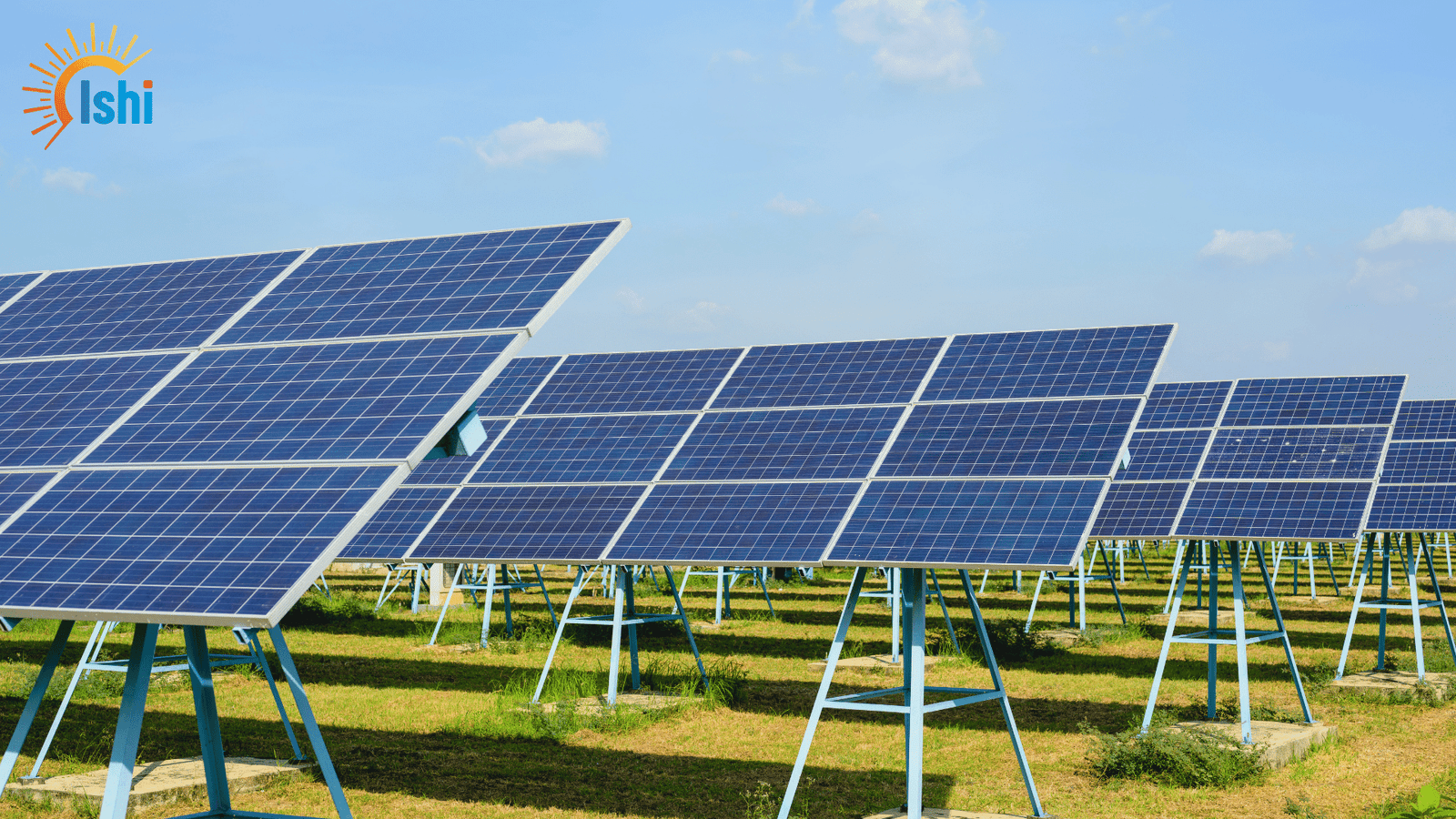28 June 2024 | Ishi Solar
Why Solar Panels are Important?
Introduction
In an era where sustainable energy solutions are increasingly vital, solar panels have emerged as a cornerstone of the renewable energy revolution. Harnessing the power of the sun, solar panels convert sunlight into electricity without emitting harmful greenhouse gases or pollutants. This ability not only mitigates environmental impact but also addresses critical challenges such as climate change and energy security. Beyond their environmental benefits, solar panels offer economic advantages through long-term cost savings and job creation. As technology advances and adoption increases, solar energy continues to play a pivotal role in shaping a cleaner, more sustainable energy future globally. This article explores the multifaceted importance of solar panels, highlighting their contributions to environmental sustainability, energy independence, economic growth, and financial viability.
Environmental Sustainability
Solar panels play a crucial role in promoting environmental sustainability. Unlike fossil fuels that release harmful emissions when burned, solar energy production generates electricity without emitting greenhouse gases or other pollutants. This reduces air and water pollution, contributing significantly to combating climate change and improving overall environmental quality. By harnessing the sun's renewable energy, solar panels help conserve finite fossil fuel resources and mitigate the environmental impact associated with traditional energy generation methods. This sustainability aspect is critical for preserving natural ecosystems, biodiversity, and the health of our planet for future generations.
Energy Independence and Security
Solar panels offer a pathway towards greater energy independence and security. They enable individuals, communities, and businesses to generate their own electricity, reducing reliance on centralized power grids and imported energy sources. This decentralization helps mitigate the risks associated with energy supply disruptions and price volatility in fossil fuel markets. Countries that invest in solar energy infrastructure enhance their energy security by diversifying energy sources and reducing geopolitical dependencies. This independence empowers communities to become more resilient to energy crises and disruptions, fostering economic stability and growth.
Economic Benefits and Job Creation
The solar industry not only promotes environmental stewardship but also stimulates economic growth and job creation. As the demand for renewable energy increases, investments in solar panel manufacturing, installation, maintenance, and research expand. This growth creates numerous job opportunities across various skill levels, from manufacturing technicians to solar engineers and project managers. Local economies benefit from these job opportunities and investments, as well as from reduced energy costs for businesses and households utilizing solar energy. Moreover, the long-term cost savings associated with solar power contribute to economic stability and competitiveness, making solar panels a viable economic choice for sustainable development.
Long-Term Cost Savings and Financial Viabilities
While initial investments in solar panel installations can be substantial, they offer significant long-term cost savings and financial benefits. Solar energy systems have low operating costs compared to traditional fossil fuel-based power generation, as sunlight is free and abundant. Once installed, solar panels require minimal maintenance and have a lifespan of 25 years or more, providing a stable and predictable energy source. This predictability helps consumers and businesses hedge against future energy price fluctuations, reducing overall energy expenditure over time. Additionally, incentives such as tax credits, rebates, and net metering programs further improve the financial viability of solar investments, making them increasingly attractive for homeowners, businesses, and governments alike.
In conclusion, solar panels are important not only for their environmental sustainability and energy independence benefits but also for their significant economic advantages and long-term cost savings. Embracing solar energy promotes a cleaner, more resilient energy future while fostering job creation, economic growth, and energy security. As technology continues to advance and costs decline, solar panels are increasingly becoming a cornerstone of sustainable development strategies worldwide, playing a pivotal role in shaping a more sustainable and prosperous future for all.
Our Recent Posts
Choosing the Right Solar Panel for Your Home
30 June 2024
The Economic Benefits of Going Solar
30 June 2024

.png)
.png)

